Your login information returned multiple users. Please select the user you would like to log in as and re-type in your password.
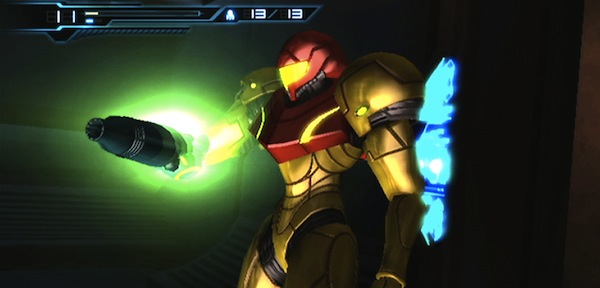
If there is any one concept to point at in Metroid: Other M, one that defines what the game is about, then it is control. This isn’t just because of the idiosyncrasies in way the Wii controller itself is used: holding it sideways while in a third person perspective then turning it to point at the screen to change to a first person perspective. In almost every aspect of it, there is a constant struggle that plagues it, a struggle that somewhat plagues video games as a whole: the disconnect between the authorial control most designers want and the freedom a player expects.
In Other M, this desire for control by the designers is almost the polar opposite to the approach that Retro Studios took with Metroid Prime. Prime was all about putting the player in the shoes of the character, attempting to create the sense of “being there”, a sense of agency—feeling like there is a meaningful effect on something because of your actions. That kind of feeling—feeling like things are highly interactive—is what games do best, it is what’s special about games.
It is also because of interactivity that one of the biggest strifes in games is how to tell a story. Narrative is innately non-interactive, while games are. In Prime, there is very little explicit narrative, but there is still a story that is told through the world by scanning objects like logs and other writings. The story of Prime is of a collective people, their land, the history of what happened to it and discovering what is going on. Instead of revolving around any specific characters, it revolves around the place. This removes the issue of designers not being able to account for who the player is by not focusing on them. The largest part of the interaction in Prime is navigating through the world and the narrative is about that world—it is harmonious.
On the other hand, the story of Other M revolves more around the characters, and as a result, Samus, the player controlled character, is given a very specific characterization. She is portrayed as a frail minded female, with the nickname of “Princess”, given high heels and troublesome paternal issues. These traits are directly contrary to what is expressed about this character through play. While playing Other M, Samus moves fast, quickly dispatching enemies and thinking to get out of situations. There is nothing frail or princess-y about it.
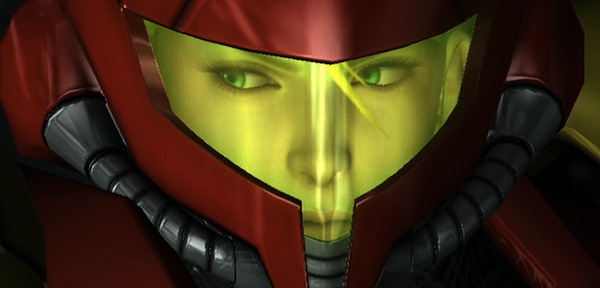
The narrative can’t be simply ignored or dismissed either because of the control it dictates over other elements of the game’s design. The upgrade of powers in Other M are only allowed when the narrative says so, when the commander of the mission, Adam, says so. Samus has almost all of her capabilities at the start of the game yet agrees to not use them unless Adam says she can, even despite the danger that this can put her and her teammates in. Again, a disconnect is created, though this time between what the player knows and what the narrative says the player character knows.
For example, there is the Varia Suit upgrade, which negates damage suffered from being in areas with high heat. There are large areas in Sector 3 that will cause damage to the suit due to the lava that runs through much of it. Regardless, this area must be transversed, while enduring damage the whole time, because this suit upgrade is not yet allowed. It is clear to the player that this suit upgrade would help yet the narrative doesn’t allow it.
In another event, a teammate is at the top of a large, cliff-like wall being held by an enemy creature and it is obvious that he is in need of help. There is a grapple point hanging in the air that would allow one to reach the top of the platform and help him out. When pointing at the grapple point, the only thing that happens is that the game says it requires the grapple beam. A few seconds after this, the permission is granted but as it came too slow, the character ended up dying, resulting in a game over, where the sequence then had to be repeated.
In Prime, the upgrades are earned, either through navigating the world or defeating a creature, and the player can use them when they have them, when they see fit. If there is an area that one can’t reach, it isn’t because of an illogical narrative conceit, but because the ability hasn’t been found by the player. The player’s actions have more meaning and purpose this way.
Metroid: Other M removes certain layers of meaning in the interactions for the sake of a highly constructed narrative, whereas a game like Metroid Prime tailors what narrative there is to go with the interaction. The narrative and play need to be harmonious, with the player and designer meeting halfway, otherwise it doesn’t work at all.
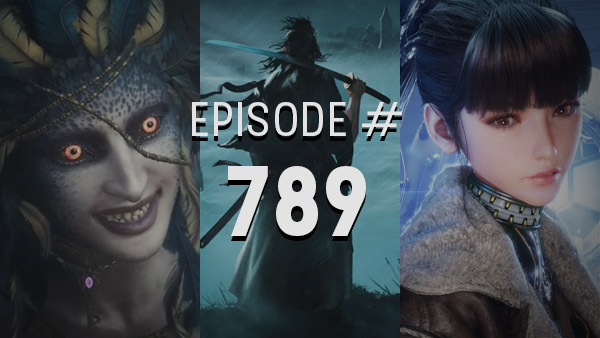
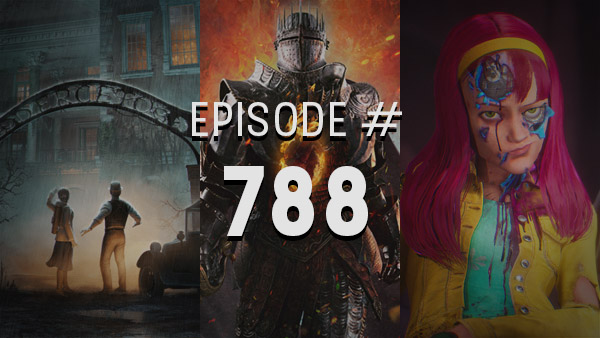
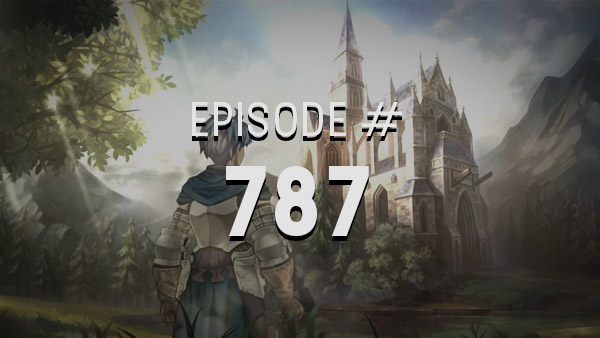
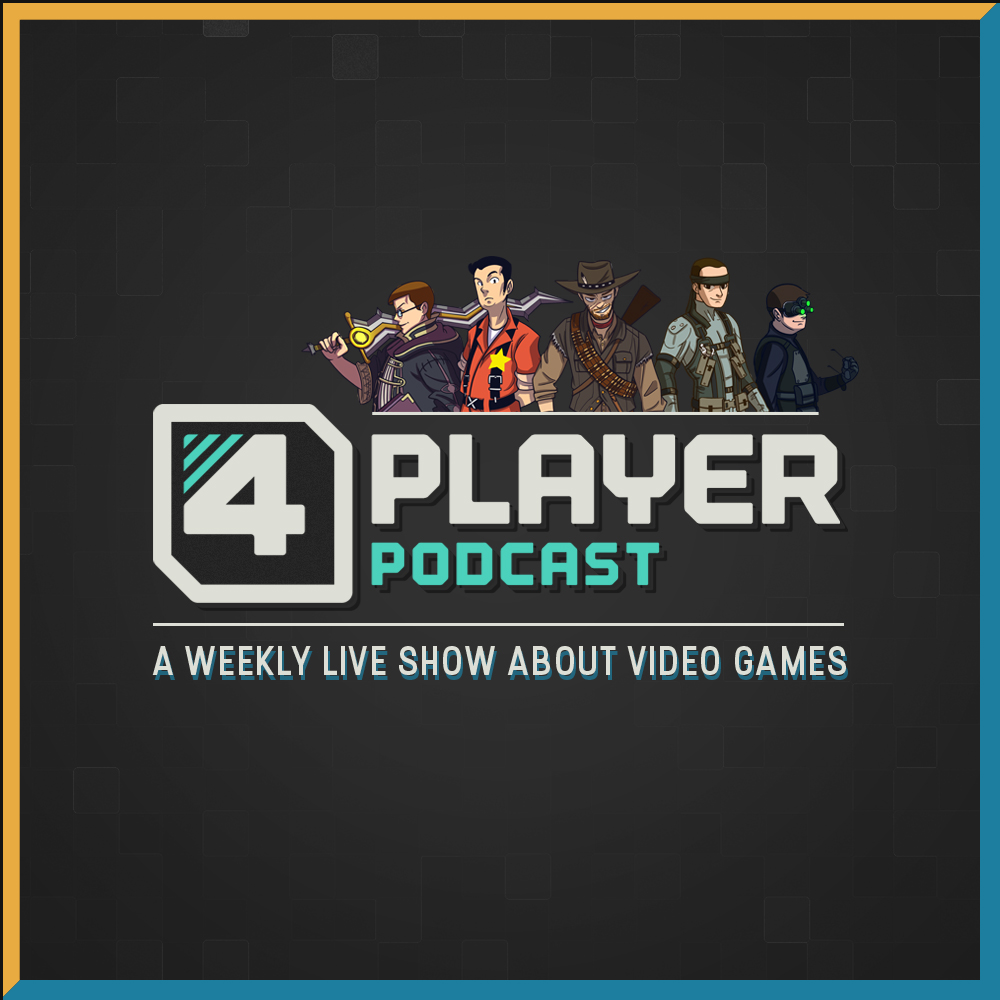
Comments
13 years, 6 months ago
So why did Retro Studios chose this type of progression? Did they want players to know what Samus' backstory was like, with a cast of almost forgettable characters? The way they executed in ties with the gameplay are just jarringly bad, like what you've said about not using a specific power-up unless the narrative "permits" you to use it. Yet people are just letting that slide, and focus on the story (which isn't a good strong point about Other M IMO).
I just hope that they don't make another "Another M" sequel with Retro Studios.
13 years, 6 months ago
Great article Ben.
Makes you wonder though... doesn't it? Given the Castlevania reboot isn't doing so well (more reviews coming out with lower scores), Other M's failure, Final Fantasy XIII being the letdown of the year... old brands are getting taken out to pasture. Monster Hunter stagnation as well...
Would you say this is actually a prime time to be a upstart game developer? We're seeing a rise in indie development and much smaller, download games which aren't totally breaking the mold, but are indeed trying something new with new IPs and succeeding. Is it finally time that our old favorites were put to pasture? Would you say we could possibly be in the middle of a generation transfer, where we, the gamers who experienced all these wonderful old games are now trapped in that those days long gone, whereas these new games aren't being made for us, but the new upcoming generation of gamer?
13 years, 6 months ago
Good stuff. You probably said some things I was trying to say in my post on the forums better than me.
13 years, 6 months ago
…Wow. I knew Other M was a catastrophe but this is just…beyond terrible.
13 years, 6 months ago
Well said, couldn't agree more. I didn't like Other M at all. It's not even bad as a Metroid game, I found it to be quiet mediocre for a regular video game.
It's getting too far now. Why are publishers letting the WRONG developers defile beloved IP's and turning them into abortions? And by wrong, I don't mean that the original devs should always keep developing the same IP, sometimes letting a new studio take a try at an IP could be good. But it should be a studio that makes SENSE and who can understand what made the previous game good and can bring in new elements that fit with the franchise.
Castlevania, Metroid, Devil May Cry. What's next?
13 years, 6 months ago
-Prime:
WHY DO I LOSE ALL MY EQUIPMENT AT THE START OF THE GAME THAT'S STUPID
-Other M:
WHY CAN'T I USE MY EQUIPMENT UNTIL I'M GIVEN PERMISSION THIS IS STUPID
I hate how Nintendo tries to rationalize how you have to find items in every game. I honestly don't see a problem with Samus simply losing all her equipment at the start of every game, or just flat out not having them at all.
13 years, 6 months ago
My two favorite series' were destroyed this year. RIP, Metroid and Castlevania.
13 years, 6 months ago
[...] was perusing the web and I came across something a few of you might be interested in reading. Controlling Metroid: A Struggle with Authorship by Ben Alfred takes a long hard look at the relationship between narrative and gameplay in Metroid: [...]